This is a guest post by my husband, Fraser — written just months after my mum passed away unexpectedly. He wrote it for this space, hoping it might help anyone trying to support a grieving partner. We don’t talk about this enough, especially in the context of living far from family. So I’m honoured to share his words here — raw, real, and full of love.
A note from me: Fraser was an absolute rockstar during what was absolutely the most difficult time of our lives. He was so much more than ‘present’. But this isn’t my post. It’s his. So I’ll let him tell you things from his side.
If this resonates, consider subscribing to support our work and read more stories like this — on love, loss, and building a life far from where you were born.
I had three missed calls from my wife. Something was wrong.
When I read her message — "Stop whatever you're doing and call me back now" — I knew something was about to break. Within the hour, we learned her mum had less than 72 hours to live. What followed was one of the hardest weeks of our lives — not just because of the grief, but because I learned, in the most painful way, that love doesn't always come with answers. Sometimes, all you can offer is your presence.
In that moment, I could feel a bomb about to go off in our lives. I calmly told my clients I had to leave the meeting and called her. She was hysterical, of course, but managed to get the words out:
“Mum has 72 hours to live.”
She was at our construction site, so I told her, “Stay where you are. I’ll be there in 10 minutes.” And I was. I found her standing in the middle of the road in complete shock.
She had just finished a call with her best friend when I pulled up and, surprisingly, she had some control over herself and the situation. Still in shock, she explained what had happened. Her mum’s doctor had made a house call because we were all extremely worried. Her mum had been undergoing intensive radiation and chemotherapy for colon cancer, but the treatment had become too much.
The doctor said she had fallen too deeply into illness caused by the treatments and wouldn’t wake from the coma she’d slipped into 24 hours earlier. He didn’t believe Kaila could get to Mexico from Thailand in time to say goodbye.
I said, “F**k that — you’re getting on the first flight out of here.”
We were told she had up to 72 hours. In the end, we had barely 12. We booked her flight that night so she could leave first thing in the morning. But by the time we woke up, her beautiful, vibrant, loving mum was already gone.
It hit me hard. But it hit Kaila like a bazooka.
We had to say our goodbyes in the most morbid way imaginable. And the sad irony was, that rush to get her on the first flight wasn’t necessary in the end. Her mum was already gone. But we’d booked, paid, and there were no changes available, so she still had to endure a dreadful route with awful carriers.
I left the next day with our 5-year-old son in tow to drop him off with my parents in Scotland while I continued on to Mexico. Two days later, I was there with her. That was as fast as I could drop everything and go. Luckily, I have an amazing team who supported me without hesitation. They reassured me that work could wait — and they were right. But that’s another story.
Do We Ever Truly Understand?
This question kept popping into my mind.
I kept telling Kaila — when she collapsed into my arms in a state of absolute grief and misery — that I understood, and that I was there for her. But only one of those things was true.
We always try to understand what people are going through, right? But I think, in situations like this, you truly have to live it to fully grasp it.
Of course I didn’t understand what it was like to be her. Her dad had passed 8 years before — a trauma in its own right that we were both still recovering from. So this time, she’d lost her last parent. Her last lifeline, in a way. The one person who, no matter how hard life gets, no matter how badly you mess up, is always there. And now... she was gone. Just like that. In 12 hours. Never to be seen or heard from again.
That kind of loss is gut-wrenching. Even as I write this, putting myself in that position brings tears to my eyes.
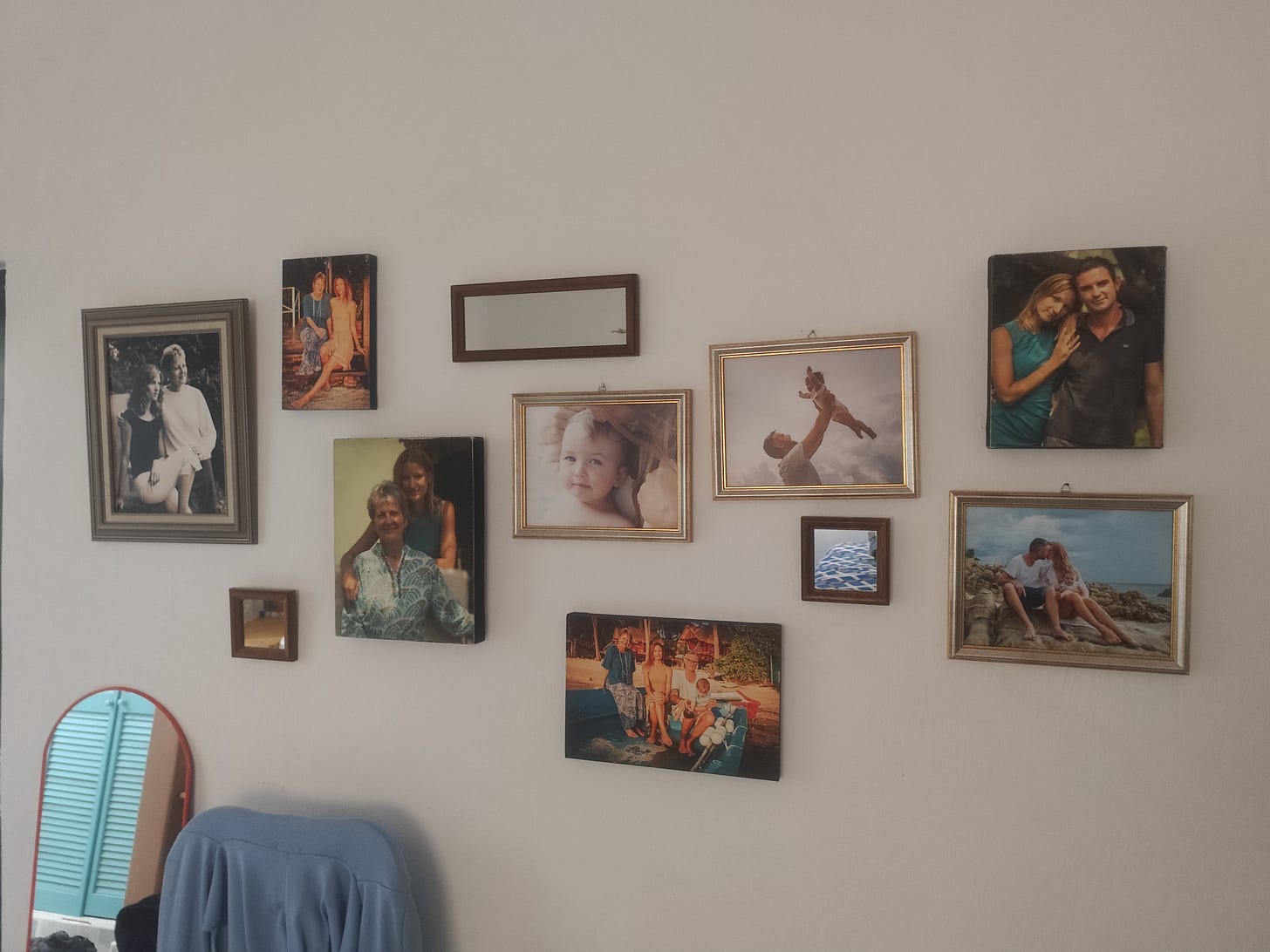
What I struggled with most was the idea of understanding. Because without true understanding, who are we to give advice or offer guidance?
All we can do is be present — empathise, sympathise, and stay as supportive as humanly possible.
I tried. I failed. I succeeded sometimes. But truthfully, I felt helpless and a little hopeless most of the time.
To make things even more surreal, this all came just 48 hours after I’d learned that my cousin — only 31 years old — had suddenly passed away due to an epileptic seizure. I loved him like a brother. We grew up together. In my heart, I always imagined us growing old side by side, like our dads. I was dealing with my own grief while trying to be there for Kaila in hers.
And yet, even after losing the most important person in her world — maybe second only to our son — she was still there for me. She held me. She wiped my tears away when I could no longer hold them back or pretend I was okay.
She knew. And for once, I knew the person holding me did truly understand — because she’d lived it.
I can’t say the same for myself. But I was there.
And I was trying.
So I kept trying to put myself in her shoes — but how could I?
Yes, I’ve lost a few close family members over the years, but for the most part, my immediate family is still here. No major health issues, apart from some recent news about my own mother. I’m in the opposite position to Kaila. I come from a large family, surrounded by people I could lean on if things ever got really hard. So who am I to say, “Don’t worry baby, everything will be okay”?
Because in her world, things are absolutely not okay. She’s scared, isolated, and untethered in a way I can only begin to imagine. When you feel like there’s only one person in your life you can truly count on — and that person is me — that kind of vulnerability is deeply frightening.
So I kept asking myself: Do you understand? Can you understand? Can you really put yourself in her shoes? And every time those questions crept in, I told myself I could. But if I’m honest, I was never fully able.
So What Can You Do?
Honestly — there’s no magic fix.
Just keep showing up. Keep being the best version of yourself for the person you love who is battling the storm of grief.
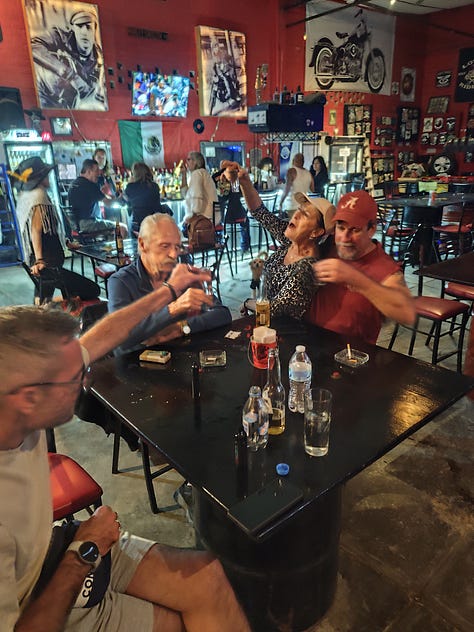
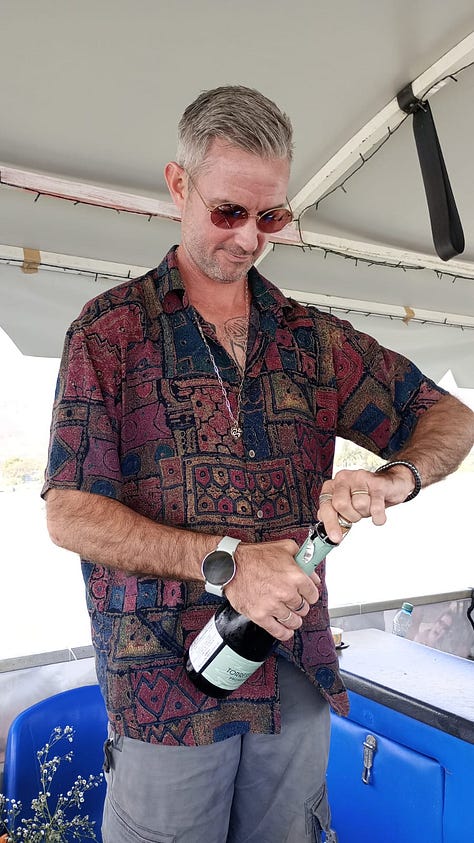
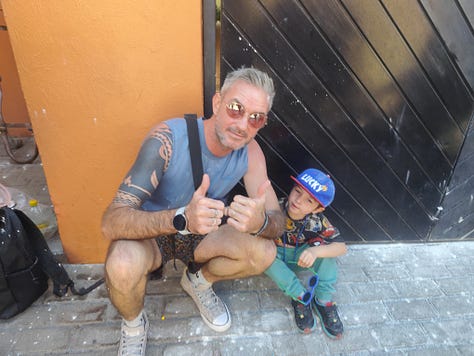
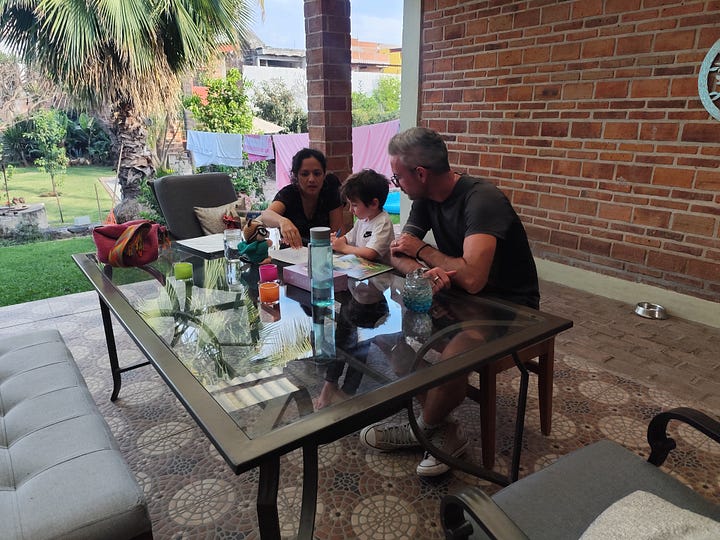
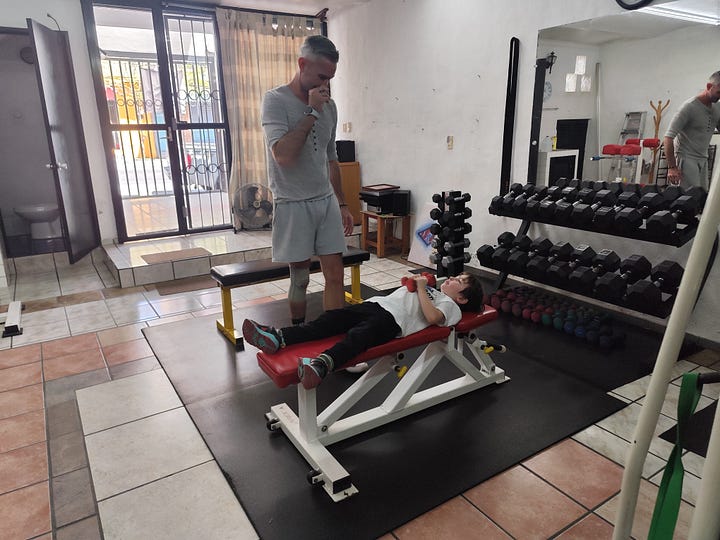
My advice? Be kind. Be present.
Most of all, just be there.
Your partner isn’t expecting you to have the right words or grand solutions. They don’t want to be waited on hand and foot. What they need are small things: gentle touch, warm hugs, kind words, and all the patience and compassion you can offer. Hold it together for them, even when it feels like everything is falling apart. Because in those moments, they’re running on empty. Every fibre of their emotional being is depleted.
Yes, grief is exhausting. Yes, it might feel hopeless. But believe me — the smiles will return. The laughter will come back. And slowly, they will heal.
Time — though frustratingly slow — does heal.
So to anyone walking through this: keep the faith. Hold your partner tighter than ever. Kiss them more often. Remind them, with your presence and your patience, that they’re not alone.
Because love might not fix everything.
But it helps more than we’ll ever know.
📚 You might also like:
Here are three of your past pieces that perfectly complement Fraser’s post:
Both My Parents Died Living Abroad. Don’t Repeat This Devastating Mistake.
A brutally honest, essential read about the risks of going without a safety net while living abroad — and the emotional cost of losing both parents far from home.Too Far To Hold Her Hand: The Pain of Losing Mom While Living Abroad
Written just weeks after my mother’s sudden passing, this raw essay captures the whirlwind of grief, guilt, and logistical chaos that comes with losing someone you love when you're thousands of miles away.Guide to Losing a Loved One While Living Abroad
Part practical, part personal — this post walks you through what really happens when you lose someone while living overseas. From travel and funeral planning to emotional overwhelm, it’s the guide I wish I’d had when I lost my dad.
Want more posts like this — the honest kind, the human kind?
Subscribe for stories that speak to the heart of living abroad: grief, resilience, identity, and everything in between.






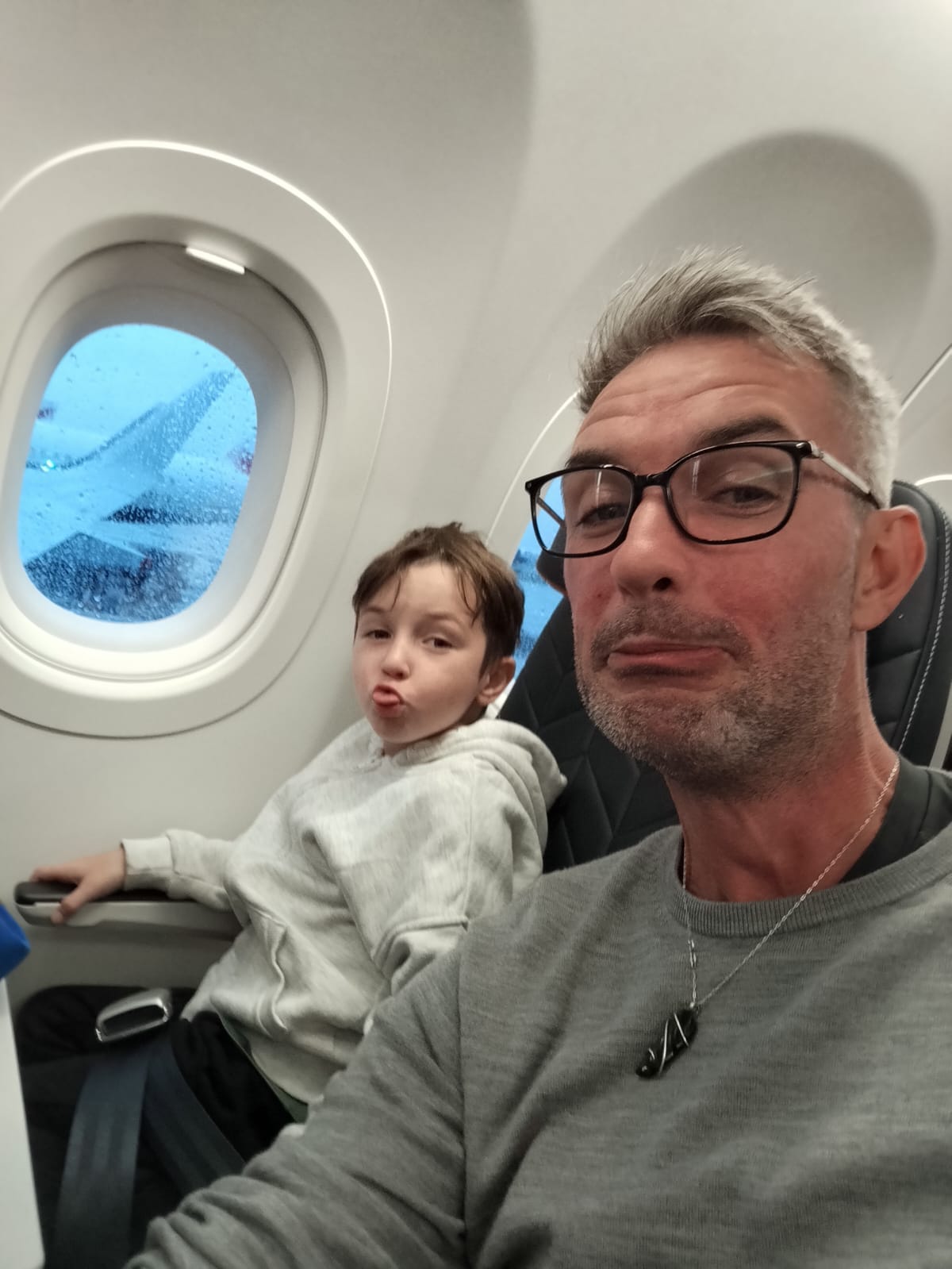
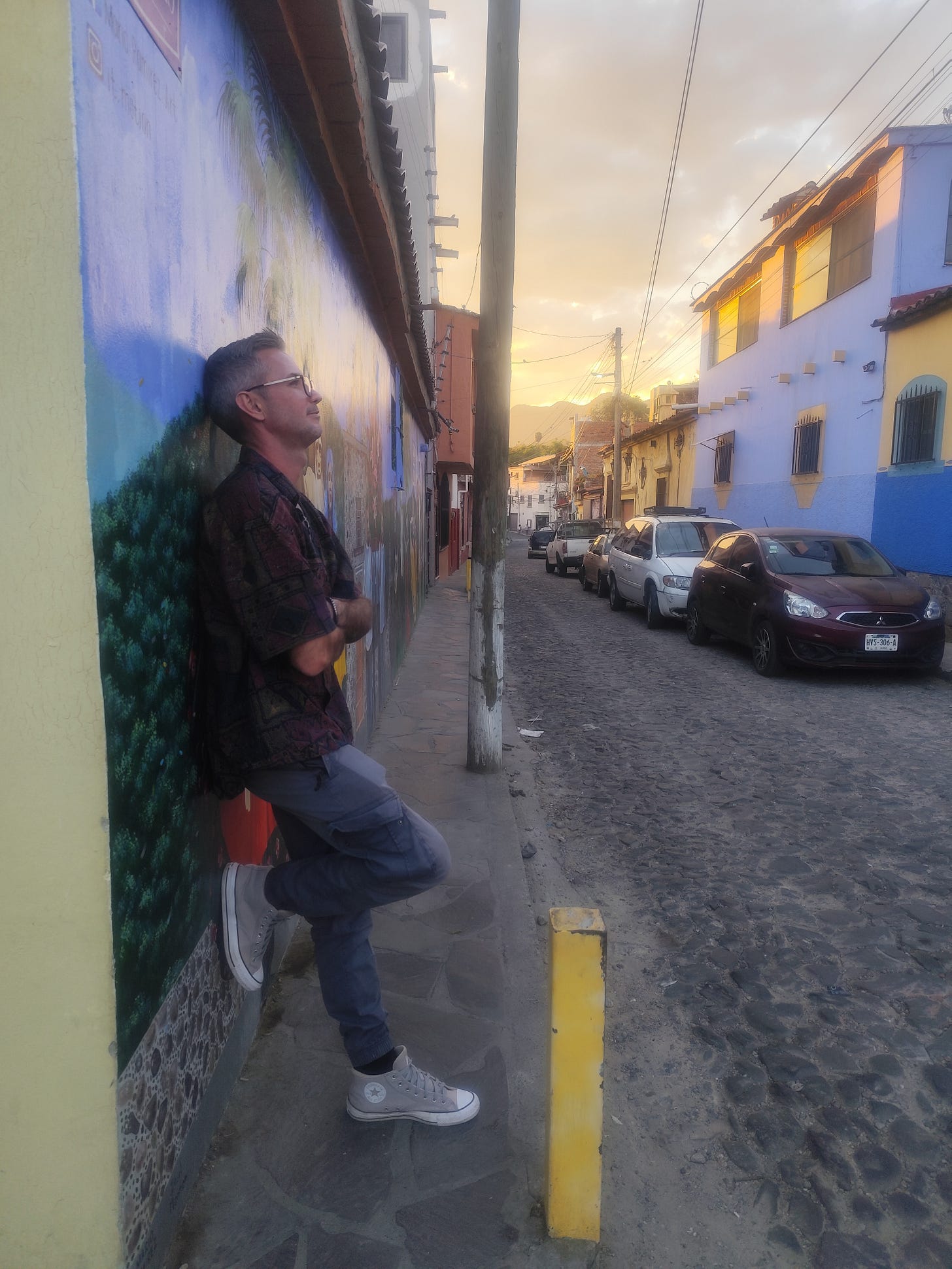
A beautiful, heart-rending post. The last part was really poignant. Death is such a huge and difficult topic that often it is hard for people to be there (I'm thinking more like friends, etc), but the power of having someone just hold you, physically, metaphorically, or even just check-in with you, is very powerful. I'm glad you had such a great support in Fraser and I'm so sorry for your loss ❤️
Thank you for this piece. My husband lost his father in 2020 and I was so lost when it came to supporting him. Your advice was spot on and will without a doubt help people.